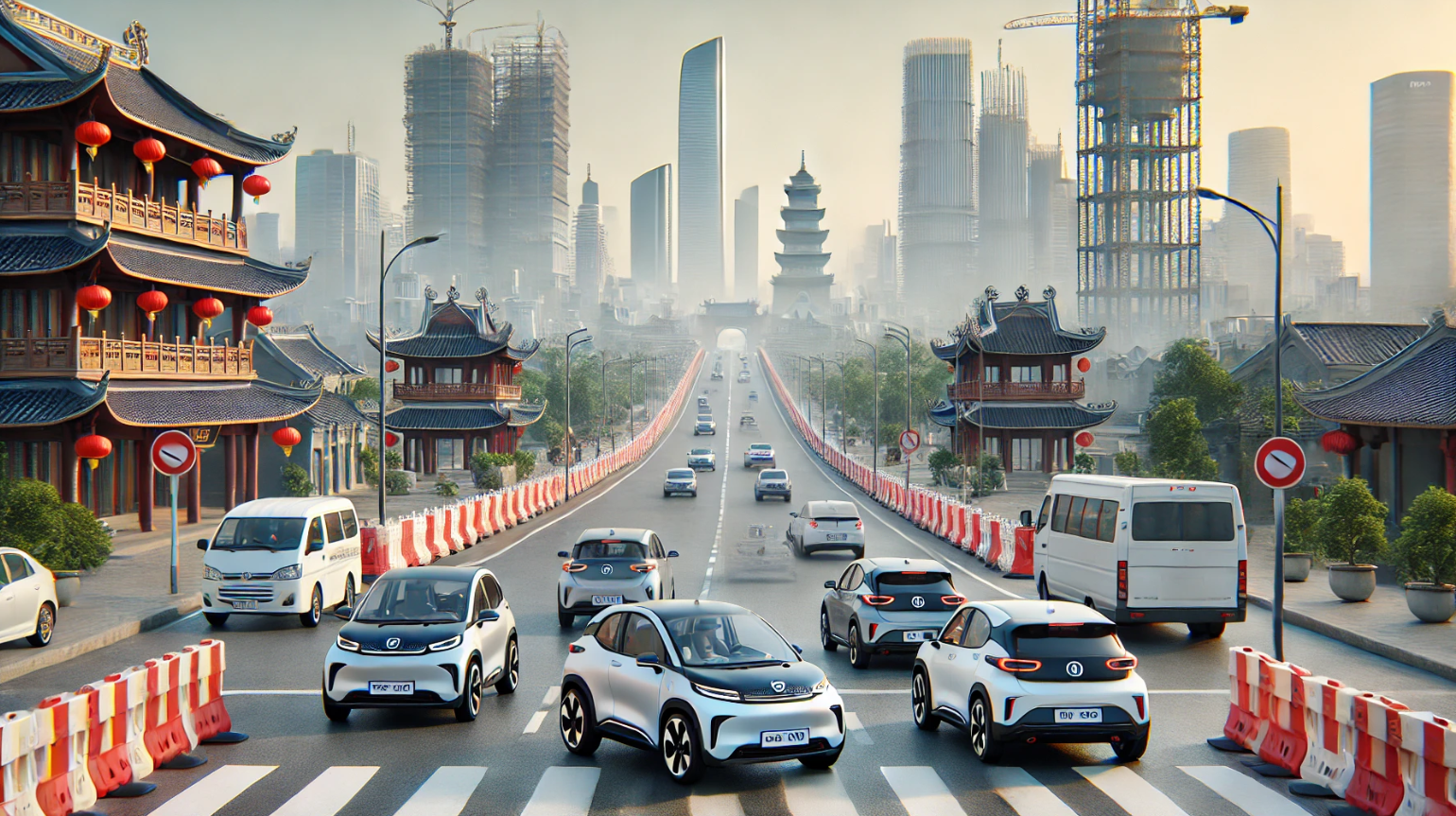Chinese Electric Vehicles Struggles in Vietnam
Published: 10.8.2024
Despite their dominance in the Chinese market, leading Chinese EV brands like Wuling and BYD are facing challenges in Vietnam. The lack of widespread charging stations in the country is becoming a major obstacle.

While VinFast, a local competitor, has made significant investments in charging infrastructure, other brands have been slower to adapt, making EV adoption less appealing to Vietnamese consumers.
Pricing is another issue for Chinese EVs in Vietnam. Since onsumers often expect Chinese products to be significantly cheaper than Japanese or Korean alternatives. Despite price cuts, models like the Wuling Mini EV and BYD Dolphin are still perceived as expensive and have failed to attract many Vietnamese buyers, and BYD's pricing for its Dolphin, Atto 3, and Seal models puts them in direct competition with traditional gasoline-powered vehicles, further limiting their appeal.
Concerns over resale value and liquidity remain a barrier. Many Vietnamese consumers prioritize vehicles with strong resale value, an area where Chinese EVs lag behind Japanese brands, which are seen as more durable and reliable. Despite their global success, Chinese electric vehicles are struggling to gain traction in Vietnam, hindered by infrastructure gaps, pricing challenges, and consumer skepticism.


.png)

